Parental age
Recent articles
New estimate suggests most autistic adults in England lack a formal diagnosis
The finding underscores a need for adult autism diagnostic services.
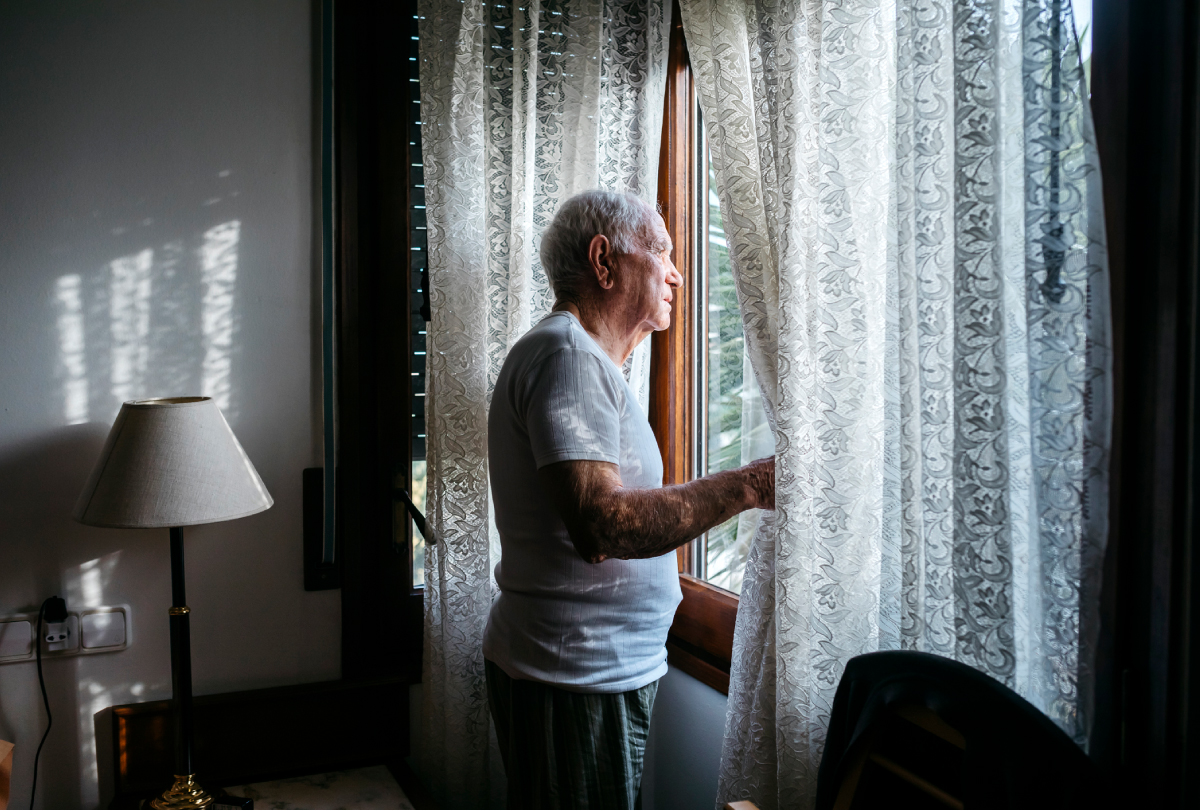
New estimate suggests most autistic adults in England lack a formal diagnosis
The finding underscores a need for adult autism diagnostic services.
Mutations linked to autism may be detectable in men’s sperm
An advanced DNA-sequencing technique has identified gene-damaging mutations, some with ties to autism, in about 1 in 15 men.
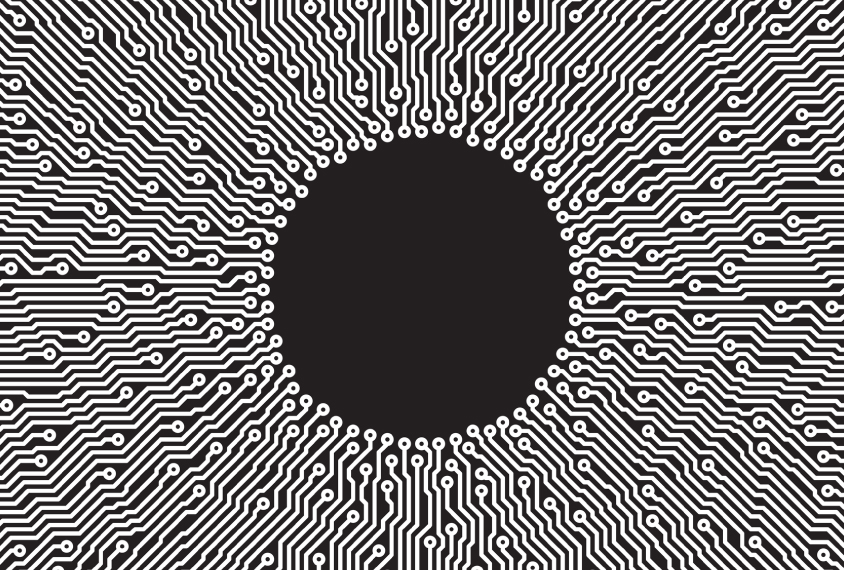
Mutations linked to autism may be detectable in men’s sperm
An advanced DNA-sequencing technique has identified gene-damaging mutations, some with ties to autism, in about 1 in 15 men.
Parental age plays small role in large mutations tied to autism
Most of the large, spontaneous genetic mutations tied to autism are passed down from fathers. But, unlike with smaller mutations, a parent's age is unlikely to up the rate at which they occur.

Parental age plays small role in large mutations tied to autism
Most of the large, spontaneous genetic mutations tied to autism are passed down from fathers. But, unlike with smaller mutations, a parent's age is unlikely to up the rate at which they occur.
How autism researchers are applying machine-learning techniques
Researchers are using machine learning to improve diagnostic predictions of autism, create interactive support robots, and more.
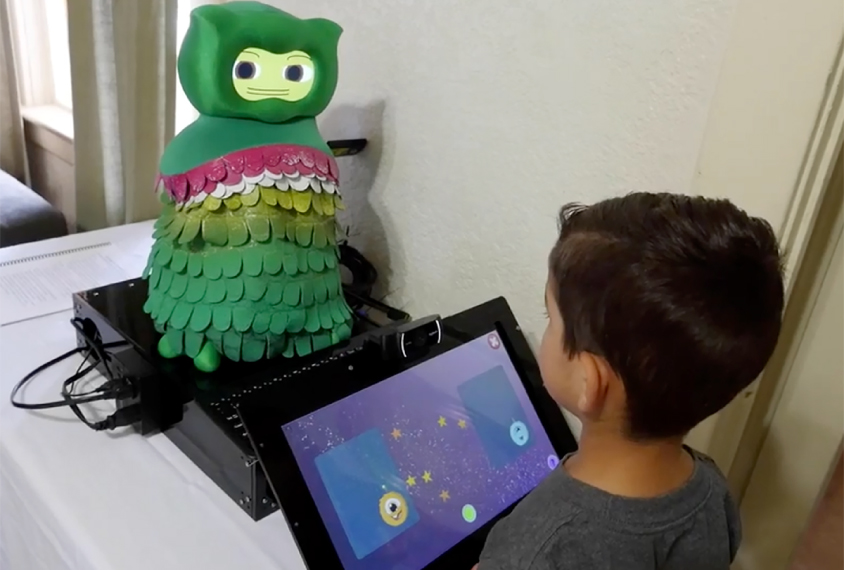
How autism researchers are applying machine-learning techniques
Researchers are using machine learning to improve diagnostic predictions of autism, create interactive support robots, and more.
The link between parental age and autism, explained
Older men and women are more likely than young ones to have a child with autism, but this connection is not straightforward.
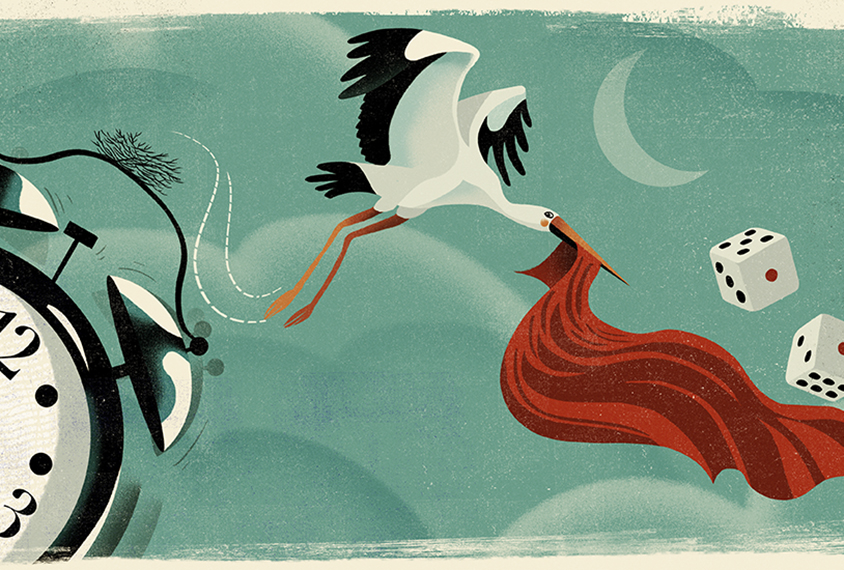
The link between parental age and autism, explained
Older men and women are more likely than young ones to have a child with autism, but this connection is not straightforward.
Mutations in sperm may accrue too slowly to increase autism risk
A new analysis challenges the idea that mutations in the sperm of older fathers lead to higher rates of autism among their children.
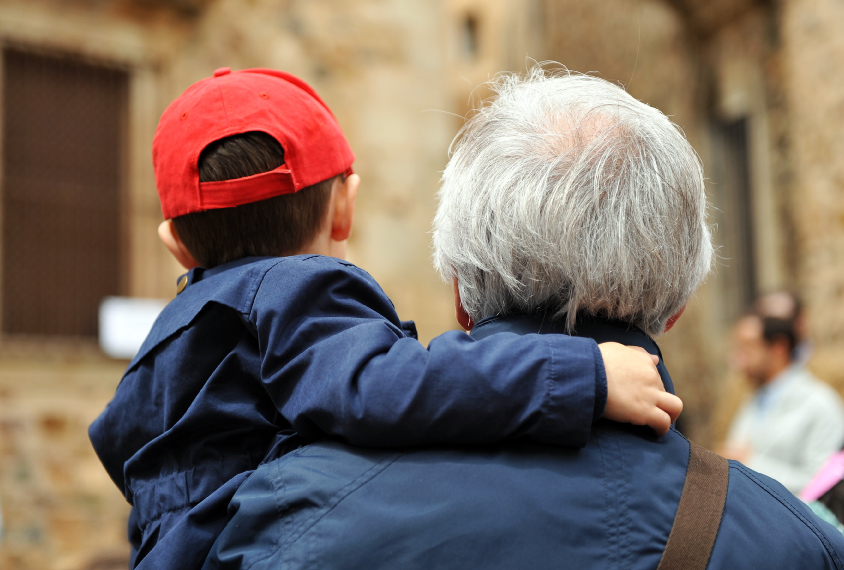
Mutations in sperm may accrue too slowly to increase autism risk
A new analysis challenges the idea that mutations in the sperm of older fathers lead to higher rates of autism among their children.
New maps plot hot spots of diversity across human genome
A pair of maps that depict variation in the human genome may help reveal the genetic roots of autism.
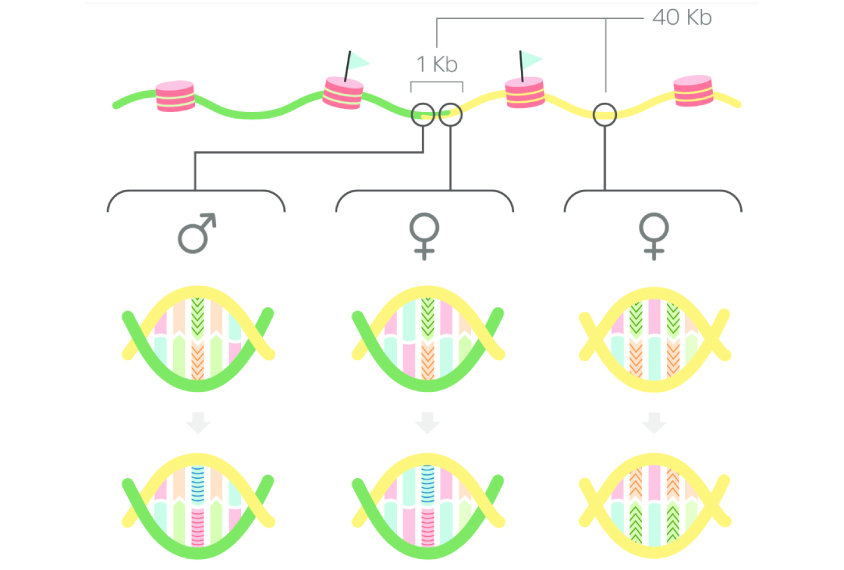
New maps plot hot spots of diversity across human genome
A pair of maps that depict variation in the human genome may help reveal the genetic roots of autism.
Ultrasound exposure; maternal age; ‘special’ interests and more
Autism is not associated with ultrasound frequency or duration, maternal age and education affect autism odds, and people on the spectrum benefit from their ‘special interests.’
Ultrasound exposure; maternal age; ‘special’ interests and more
Autism is not associated with ultrasound frequency or duration, maternal age and education affect autism odds, and people on the spectrum benefit from their ‘special interests.’
Genetics do-over; iffy influences; high-tech education and more
A re-analysis of data yields an increased estimate for the genetic contribution to autism, how the environment might contribute to autism is hard to pin down, and students on the spectrum describe the benefits of using technology at school.
Genetics do-over; iffy influences; high-tech education and more
A re-analysis of data yields an increased estimate for the genetic contribution to autism, how the environment might contribute to autism is hard to pin down, and students on the spectrum describe the benefits of using technology at school.
Parental age ups rate of new mutations passed to children
Men and women both transmit an increasing number of new mutations to their children as they age.

Parental age ups rate of new mutations passed to children
Men and women both transmit an increasing number of new mutations to their children as they age.
Explore more from The Transmitter
During decision-making, brain shows multiple distinct subtypes of activity
Person-to-person variability in brain activity might represent meaningful differences in cognitive processes, rather than random noise.

During decision-making, brain shows multiple distinct subtypes of activity
Person-to-person variability in brain activity might represent meaningful differences in cognitive processes, rather than random noise.
Basic pain research ‘is not working’: Q&A with Steven Prescott and Stéphanie Ratté
Prescott and Ratté critique the clinical relevance of preclinical studies in the field and highlight areas for improvement.

Basic pain research ‘is not working’: Q&A with Steven Prescott and Stéphanie Ratté
Prescott and Ratté critique the clinical relevance of preclinical studies in the field and highlight areas for improvement.
Proposed NIH budget cut threatens ‘massive destruction of American science’
A leaked draft of a Trump administration proposal includes an approximately 40 percent cut to the National Institutes of Health’s budget and a major reorganization of its 27 institutes and centers.

Proposed NIH budget cut threatens ‘massive destruction of American science’
A leaked draft of a Trump administration proposal includes an approximately 40 percent cut to the National Institutes of Health’s budget and a major reorganization of its 27 institutes and centers.